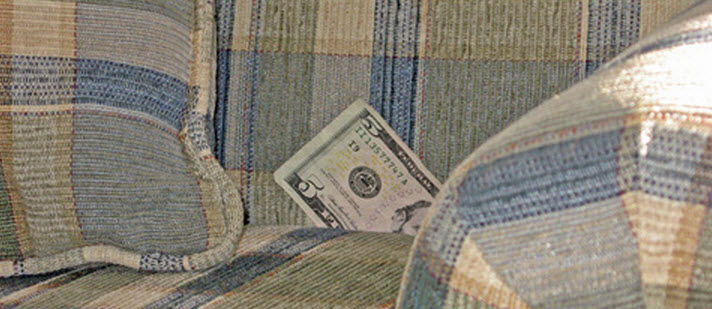 |
| As of march 2015, just over $8 |
$60 back home can buy dinner for two at almost any restaurant in my repertoire, most often with a drink. And for $60 per person in Seattle, you can eat like God. Even before I started socking away my kizzash, I sought out some cheaper alternatives to heartily suggest.
 Izakaya are everywhere. The characters 居酒屋 are "to be somewhere" + "alcohol" + "place." There are dozens of izakaya chains, and most of them have competitive prices: Kin no Kura, Doma-Doma and Wara-wara will have you walking away fed and boozed for ¥2000-3000 per person, which goes down if you're sharing or eating lightly.
Izakaya are everywhere. The characters 居酒屋 are "to be somewhere" + "alcohol" + "place." There are dozens of izakaya chains, and most of them have competitive prices: Kin no Kura, Doma-Doma and Wara-wara will have you walking away fed and boozed for ¥2000-3000 per person, which goes down if you're sharing or eating lightly.Kin no Kura boasts that everything on their menu, drinks included, is ¥270. My top recommended izakaya that also has this a la carte pricing is Tori-kizoku. "Chicken Kingdom" has yakitori (chicken skewers), different types of chicken salad and chicken-broth ramen, which, surprisingly, isn't very common.
After being in Japan for a while, you might start to miss Western food, and I wouldn't be worth my salt if I didn't mention La Pausa. For ¥3000, you can get tabe-nomihoudai 食べ放題 / 飲み放題 (all you can eat/drink.) On this dazzling menu, there are a handful of 8" pizzas you can order, a dozen pasta dishes, salads and of course wines and happoshu.
Happoshu 発泡酒is a malt beer made of slightly-different ingredients that generally costs half as much as real beer. Bud Light and Coors Light have this tasteless, sometimes metallic quality to them and remind me of happoshu. Japanese breweries started this because the government was a little too specific in which kinds of alcohol are taxed. While Yebisu, Kirin, Sapporo and Asahi have their delicious flagship lagers, they've all made their own cheaper happoshu variants. I personally am more likely to get a headache with happoshu than real beer, but that's what comes with cheaper izakaya.
 |
| $10 for all of this, about 3 meals. Katsu, gyoza, yakisoba, onigiri and karaage. Also, a free creeper. |
Lastly, ramen. Ramen is the only contender for pizza in my book of favorites that I have regular access to. You're never far from a good ramenya ラーメン屋 in Japan. This was part of my favorite research whenever I moved to a new place, and bowl of ramen will run you $7-10.
All in all, I only cooked about half of my meals because over 2 years and 4 apartments, I never had a large enough prep surface to make cooking not a pain in the ass. Japan's ready-to-eat food has good portions, is not overly salty, and seeing delivery trucks more than once a day instills confidence that a lot of people are paying attention to freshness. I'm pretty sure my Japanese friends were quite aware that these suggested restaurants were cheap, but no one ever had an aversion to them the way you'd get shot down here for suggesting McDonalds to co-workers. Also, drinking after work was often a can or two from a 7-11 instead of going to a bar, which cut down drastically.
 |
| All aboard the Carb Express! |
























